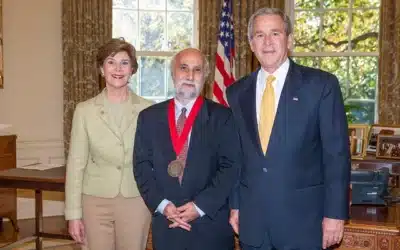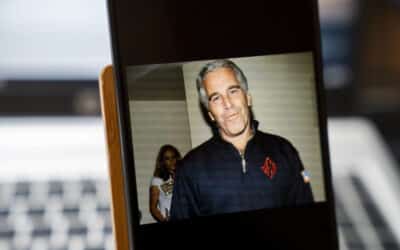The foundations of economic freedom are personal choice, voluntary exchange, and open markets. As Adam Smith, Milton Friedman, and Friedrich Hayek have stressed, freedom of exchange and market coordination provide the fuel for economic progress. Without exchange and entrepreneurial activity coordinated through markets, modern living standards would be impossible.
Potentially advantageous exchanges do not always occur. Their realization is dependent on the presence of sound money, rule of law, and security of property rights, among other factors. Economic Freedom of the World seeks to measure the consistency of the institutions and policies of various countries with voluntary exchange and the other dimensions of economic freedom. The report is copublished by the Cato Institute, the Fraser Institute in Canada and more than 70 think tanks around the world.
Hong Kong and Singapore retain the top two positions with a score of 8.97 and 8.81 out of 10, respectively. The rest of this year’s top scores are New Zealand, 8.48; Switzerland, 8.44; Ireland, 8.19; the United Kingdom, 8.05; Mauritius, 8.04; Georgia, 8.01; Australia, 7.99; and Estonia, 7.95.
The United States, for decades among the top four countries in the index, ranks 11th. The rankings of other large economies in this year’s index are Germany (23rd), South Korea (32nd), Japan (39th), France (52nd), Italy (54th), Mexico (76th), India (95th), Russia (100th), China (112th), and Brazil (137th). The 10 lowest-rated countries are: Iran, Chad, Myanmar, Syria, Libya, Argentina, Algeria, Republic of Congo, Central African Republic, and, lastly, Venezuela.
Nations in the top quartile of economic freedom had an average per capita GDP of US$42,463 in 2015, compared to $6,036 for bottom quartile nations. Moreover, the average income of the poorest 10% in the most economically free nations is almost twice the average per capita income in the least free nations. Life expectancy is 80.7 years in the top quartile compared to 64.4 years in the bottom quartile, and political and civil liberties are considerably higher in economically free nations than in unfree nations.
This year’s report, for the first time, adjusts the rankings for gender equality. Countries receive lower scores if women there are not legally accorded the same level of economic freedom as men.
One chapter in this year’s report finds that support for anti-immigrant, populist parties in OECD countries increases where economic freedom is low and state-provided social welfare protection is high.
The first Economic Freedom of the World Report, published in 1996, was the result of a decade of research by a team which included several Nobel Laureates and over 60 other leading scholars in a broad range of fields, from economics to political science, and from law to philosophy. This is the 21st edition of Economic Freedom of the World and this year’s publication ranks 159 countries and territories for 2015, the most recent year for which data are available.






























